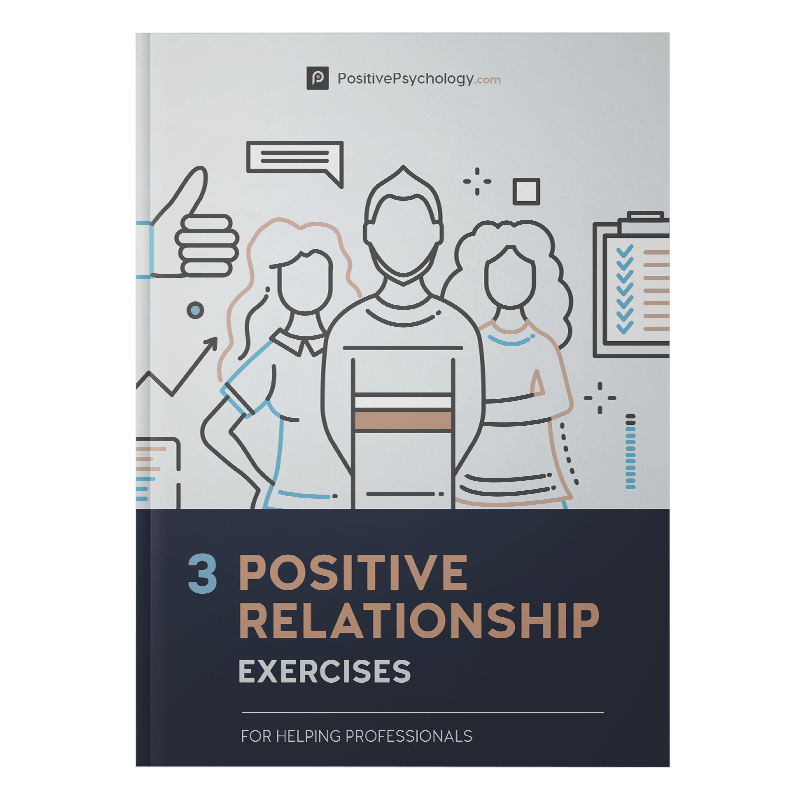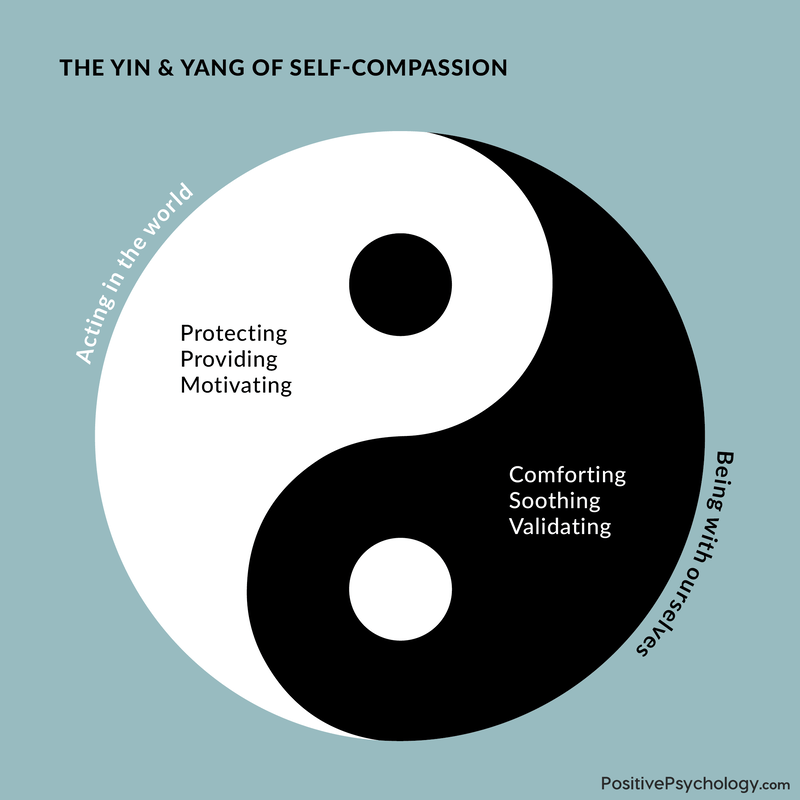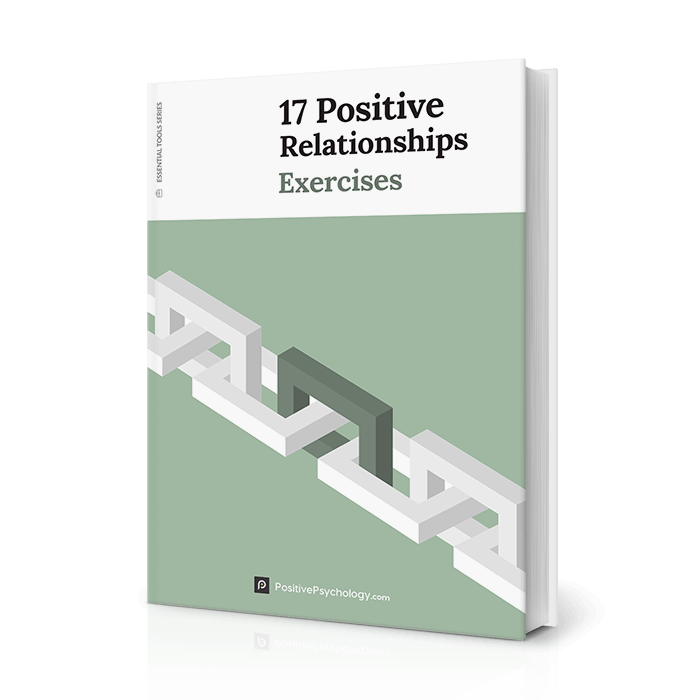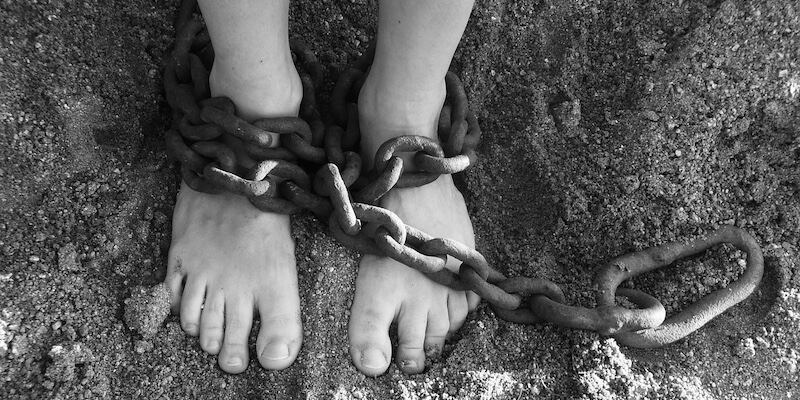Forgiveness and Reconciliation
Forgiveness can be a response to a perception of injustice and involve reconciliation. It can be both an internal and external process of resolving a conflict.
McCullough and Witvliet defined reconciliation as “a term that implies the restoration of a fractured relationship,” while Richard Moore defines it as an aspect of the process of forgiveness. He specifically mentions reconciliation within oneself, which in forgiveness literature can only be compared to self-forgiveness.
Forgiveness is embedded in a social context where reconciliation is about restoring trust. Discussing the transgression is both a road to reconciliation and a social context within which people express and often experience forgiveness.
We do not have to reconcile. So reconciliation involves a decision and the cooperation of the other person. People decide whether, how, and when to do so. Unlike forgiveness, reconciliation requires the cooperation of both parties.
Mistakes are always forgivable, if one has the courage to admit them.
Bruce Lee
The benefit of reconciling is that it typically reduces the victim’s injustice gap. The perpetrator usually engages in vulnerable behaviors, such as apologizing, which can help the victim by bringing more of a sense of justice into the situation. This will often increase the likelihood of forgiveness, but it will also motivate reconciliation.
Richard Moore was of an opinion that there can be forgiveness without reconciliation, but there cannot be true reconciliation without forgiveness. Forgiveness must precede reconciliation for it to be effective.
Moore believes that forgiveness is not dependent on justice and that justice is not necessary to forgive, because it is the legal system and society that administers justice.
Forgiveness is about the person doing the forgiving. Forgiveness within yourself allows for reconciliation within yourself, which enables forgiveness towards others and can lead to reconciliation.
Richard More noticed that for him reconciliation became a natural reflex because the forgiveness came first. He believes that this route to forgiveness and reconciliations can be practiced and cultivated.
To forgive is to set a prisoner free and discover that the prisoner was you.
Lewis B. Smedes
Worthington and Drinkard identified two primary ways to reconcile. One is implicit reconciliation, and the other is explicit reconciliation (2000). Implicit reconciliation often occurs in non-troubled relationships where forgiveness occurs almost automatically.
Explicit reconciliation, often aided by therapy, occurs when partners work together to reconcile by explicitly processing the issues. For explicit reconciliation to occur, hostilities have to be brought to an end first. This is why nations declare cease-fire and truce. Only if an agreement to put an end to hostilities is reached will progress be made toward reconciling.
Then and only then can parties come together. Merely ceasing hostile actions but having no interactions will not build trust. As soon as a truce violation occurs, the parties will immediately resume the conflict. As such, some peaceful coming-together is important.
This may require a third party to serve as an intermediary. When the parties come together, both have to act positively toward each other. There has to be some positive interaction to continue to build trust or the parties will not consider themselves trustworthy and reconciliation will not occur (Worthington & Drinkard, 2000).
Forgiveness in Marriage and Relationships
 Interpersonal offenses often mar close relationships.
Interpersonal offenses often mar close relationships.
Conflict and social harm can take a considerable toll on our psychological and physical wellbeing and some argue that happiness depends to a large extent on how we respond to and recover from these difficult and painful experiences.
Forgiveness looks different when we forgive a stranger versus a loved one and depends on the relationship. Many researchers and clinicians claim that forgiveness is a cornerstone of a successful marriage (e.g., Worthington, 1994).
This belief underpins the development of several marital interventions that emphasize forgiveness, particularly in the context of marital infidelity (Gordon, Baucom & Snyder, 2005). Research evidence supports this view, as forgiveness has been linked to several key constructs in the marital domain, including conflict resolution, relationship-enhancing attributions, and greater commitment.
The most robust finding in this emerging literature documents a positive association between forgiveness and marital quality.
Makrothumeo is a Greek word for forgive. Its literal meaning is ‘have patience with me; give me time’.
Thayer & Strong, 1995.
Ability to forgive and seek forgiveness significantly contributes to marital satisfaction and is often rated as one of the most important factors that affect relationship longevity.
Forgiveness in marriages has been linked to relationship quality, attributions, and empathy. Fincham and colleagues found that positive marital quality was related to more benign responsibility attributions regarding transgressions, which as a response, were found to foster forgiveness.
These attributions, where the offense would be viewed as less intentional or avoidable, were expressed through more positive reactions and more expression of empathy toward the transgressor because they were found to be understood by partners as a willingness to forgive (Fincham, Paleari, &Regalia, 2002).
This was an interesting finding because it related marital satisfaction directly to forgiveness by explaining that people in close and supportive relationships were more likely to be empathic and experience fewer negative emotions, and empathy was found in many studies as playing a significant role in one’s ability to forgive (McCullough, Worthington, & Rachal, 1997).
Forgiveness has been hypothesized to be related to some important relationship skills. For instance, people who forgive more readily might have:
- a greater number of general coping repertoires for handling the stress of negative emotions,
- more robust emotion-regulation strategies (Gross, 1998),
- less likelihood of offending a partner, which could lead to lower guilt and shame (Enright and the Human Development Study Group, 1996),
- less capacity to commit to a relationship (Finkel et al., 2002), and
- less willing to sacrifice for a relationship (Van Lange et al., 1997).
Interestingly, the link between forgiveness and relationships skills also suggest that people who are more forgiving may be less prone to sacrifice for a relationship (Van Lange et al., 1997), and less capable of committing to a relationship (Finkel et al., 2002).
Gender is also related to forgiveness and there are several suggestive findings that women are more forgiving than men (e.g., Exline, Baumeister, Bushman, Campbell, & Finkel, 2004; Karremans et al., 2003).
Transgressions, especially if they are significant enough to disrupt a relationship, elicit strong negative feelings. We are also instinctively predisposed toward revenge. When we bring this tendency into close relationships, it can take on some interesting variations when we consider retaliatory tendencies are just as strong as the need to feel connected to others (Tullisjan, 2013).
Studies show that transgressions might change goals for a relationship, as we are told by Frank Fincham and Julie Hall of the University of Buffalo, and Steven Beach of the University of Georgia, who reviewed 17 empirical studies on forgiveness in relationships.
Participants of the studies reported that partners who were committed to cooperation tend to become competitive after betrayal and start keeping scores in arguments versus seeking compromise and enjoyment of each other’s company (Hall & Fincham, 2005). Relationship researcher John Gottman also found that blame and defensiveness tend to contribute to the deterioration of relationships over time (Gottman & Silver, 2015).
Darkness cannot drive out darkness; only light can do that. Hate cannot drive out hate; only love can do that.
Martin Luther King, Jr.
One longitudinal study by Tsang, McCullough, and Finchum charted the fights and the instances of forgiveness on a weekly basis in couples for nine weeks. The study showed that in close relationships we are inevitably engaged in a certain amount of conflict over time, but couples who reported forgiving after conflict were happier nine weeks later than those who didn’t forgive (Tsang, McCullough, & Finchum, 2006).
Although we have a predisposition toward empathy and compassion, taking perspective and attunement with others often requires effort. In close relationships, practicing only decisional, and therefore a shallow form of forgiveness over longer periods of time, could lead to resentment and become a barrier to effective communication (Worthington & Scherer, 2004).
Studies also indicate that relationship satisfaction, as well as parties’ personality traits, plays a role in the process of forgiveness. High levels of relationship satisfaction were positively related to forgiveness and a low level of relationship satisfaction was negatively related (Allemand, Amberg, Zimprich & Fincham (2007).
Forgiveness was also shown to contribute to relationship satisfaction and longevity, and when the commitment aspect was analyzed, it turned out that cognitive interpretations of the transgression had an influence on the process of forgiveness in committed relationships (Finkel, Rusbult, Kumashiro, & Hannon, 2002).
One definition of interpersonal forgiveness by McCullough, Worthington, and Rachal (1997) describes it as a process of replacing relationship-destructive responses with constructive behavior.
In one study, forgiveness in marital relationships was linked to conflict resolution skills and showed gender differences in the approaches to conflict. Specifically, women were more likely to bring up issues while husbands would exhibit more avoidant behavior characterized by demands.
Perspective-taking was shown to be of importance, as recollections of harm that tend to be self-serving lead to an escalating level of negative interactions (Fincham, Beach, & Davila, 2006).
When you forgive, you in no way change the past – but you sure do change the future.
Bernard Meltzer
Although not singled out as a family or a close relationship aspect of forgiveness, forgiveness seeking behaviors and their motivations from the perspective of the perpetrator are also important to consider.
Specifically, in one study, the difference between interpersonal and intrapersonal types of forgiveness was important, where the first seeks to reconcile, while the latter just wants to feel better.
The study also showed that there is a link between forgiveness-seeking behavior and perpetrator’s either extroverted or introverted personality and severity of the transgression. If the event was significant, self-forgiveness would become more important first regardless of personality type, but when the transgression was minor, the extrovert sought to repair the relationship.
Severity and timing also played a role in the type of forgiveness seeking behavior perpetrators engaged in as some would approach, while others would exhibit avoidance, denial, and groveling (Rourke, 2006).
How forgiveness is communicated also plays an important role in how effective forgiveness and the subsequent reconciliation process is. Conditional communication was linked to relationship deterioration after the episode of forgiveness, but more genuine and explicit strategies that included nonverbal expressions of forgiveness contributed to relationship strengthening (Waldron & Kelley, 2005).
 We often rate the ability to forgive and seek forgiveness as one of the most important factors that affects relationship longevity.
We often rate the ability to forgive and seek forgiveness as one of the most important factors that affects relationship longevity. Interpersonal offenses often mar close relationships.
Interpersonal offenses often mar close relationships.
 In close relationships, forgiveness happens as a part of ongoing interactions and within this context, both partners are at times offenders or victims.
In close relationships, forgiveness happens as a part of ongoing interactions and within this context, both partners are at times offenders or victims.




What our readers think
Thanks for the enriching article,
Is it possible to have some biblical reference in the above issue of forgiveness and restoration of relationship .
Once again thanks
I ruined a beautiful God filled marriage by lying.
Lack of forgiveness causes great harm to self. Authentic love includes forgiveness all the time.
I am wondering what the offender gets out of being forgiven.
No doubt that Forgiveness is ultimate liberation for the forgiver, however, I doubt forgiveness actually help the offender. Unless both are at same level, i.e. self realisation mode, it doesn’t benefit the ultimate goal.
i agree what you said. forgiveness is an important attribute of successful marriage
Very much in agreement, when there is forgiveness in the family, the heavy hearts get free and light.